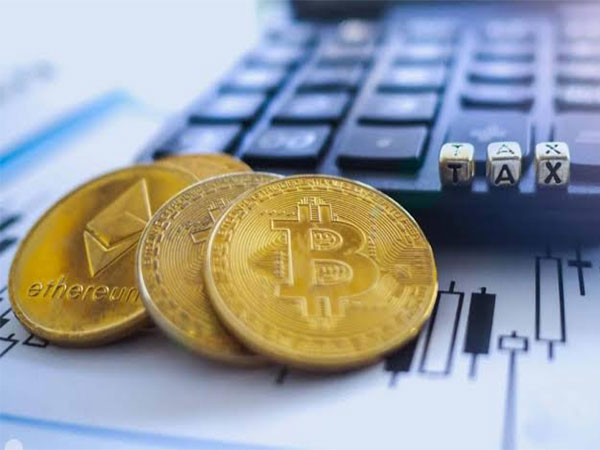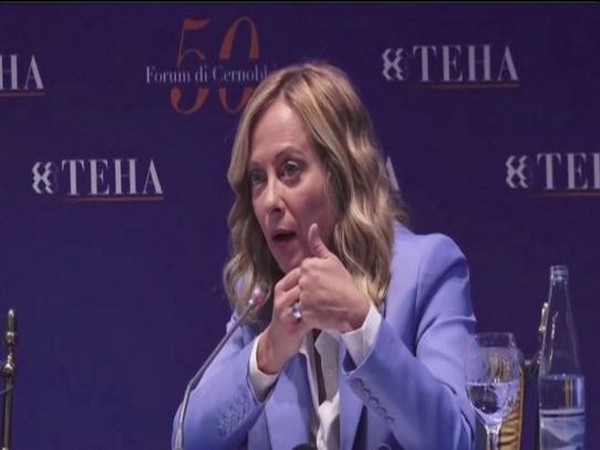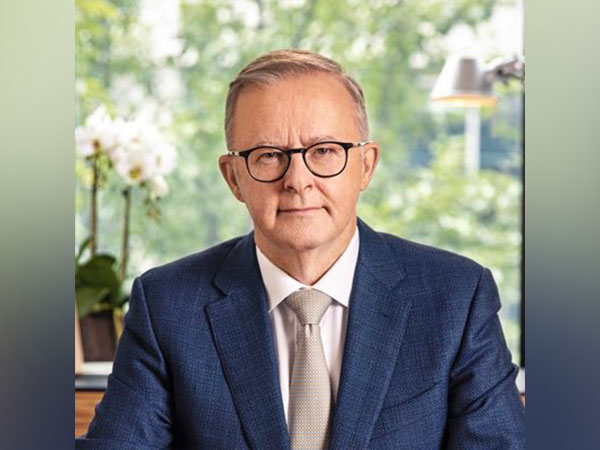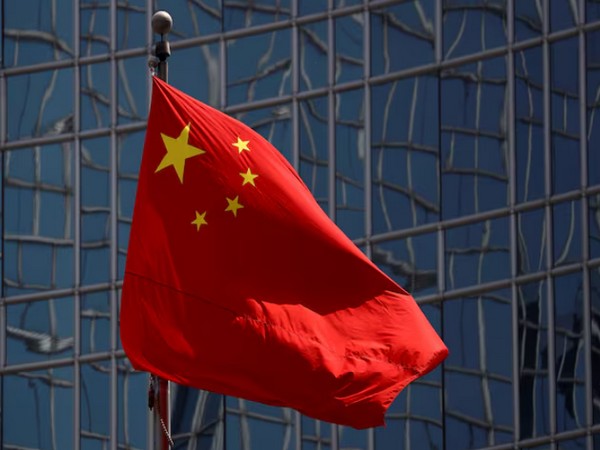
'Cryptocurrency' market disappointed with White House policy
Mar 10, 2025
Washington [US], March 10: From the excitement of US President Donald Trump's statements, the 'cryptocurrency' market fell into dismay when the White House officially issued the policy.
Last week, Bitcoin returned to a downward trend. This is also the general trend of the "virtual currency" market after US President Donald Trump signed an executive order on March 6 to establish a strategic Bitcoin reserve fund. It is estimated that the US government has about 198,000 Bitcoins, equivalent to a value of about 17 billion USD.
"Disappointing" decision
The move marks a major shift in US digital asset policy and sees Bitcoin officially recognized as a reserve asset at a higher level.
However, the decision did not go as well as the "cryptocurrency" market from what Mr. Trump had declared on social networks. CNBC quoted expert Steven Lubka as saying: "It's good news, but not what the market wants in the short term." In fact, the price of cryptocurrencies has decreased. On March 6, after the decree was announced, the price of Bitcoin decreased by 5%, then continued to decrease by 2% the next day, to 87,000 USD/coin. Other digital currencies such as Ether, XRP, Solana's SOL and Cardano's ADA also fell in price like Bitcoin.
Before officially signing the executive order, President Trump announced on social network Truth Social that he would organize a strategic reserve fund including Bitcoin and several other digital currencies such as Ether, XRP, Solana's SOL and Cardano's ADA.
But after signing the order, David Sacks, the White House official in charge of overseeing cryptocurrency and artificial intelligence (AI) policy, announced that the reserve fund would only be sourced from Bitcoin seized by authorities in criminal and civil cases. In addition, the White House owner also directed the establishment of a digital asset reserve managed by the Treasury Department to store other seized cryptocurrencies.
This means that the White House does not spend money to buy "virtual money" to create a reserve, but only uses the "virtual money" confiscated in cases. The reason explained by the White House is to avoid putting more burden on the budget. Previously, there were many concerns that if the US government spent money to buy "virtual money" for the reserve, it could lead to instability in financial management policies. Meanwhile, the stability and reliability of "virtual money" cannot be compared to traditional reserve assets such as gold.
Still under a lot of pressure
Also last week, JPMorgan Bank (USA) released a report assessing that "virtual money" still faces many pressures in the short term. First, "virtual money" still faces many barriers in the process of legalization or being in the reserve of countries.
Accordingly, central banks, including the Swiss National Bank and the Polish National Bank, still choose more stable and safe reserve assets. Typically, Poland chooses traditional assets such as gold. The European Central Bank (ECB) also criticized Bitcoin reserves. According to JPMorgan strategists, this indicates "broader skepticism among policymakers about adopting cryptocurrencies as reserve assets."
In addition, the recent downturn in the cryptocurrency market, evidenced by Bitcoin's nearly 20% drop in February, has seen a significant increase in the outflow of funds from the cryptocurrency market recently. In February alone, the figure was around $3.5 billion, a record high. "Overall, we believe that the cryptocurrency market is likely to remain under pressure in the near term," JPMorgan 's report concluded.
In addition, economist Babak Minovi, of Eurasia Group (USA), the world's leading political risk research and consulting unit, analyzed that even if the US government spent money to buy Bitcoin or other "virtual currencies" to put into the reserve, it would be difficult to create a big impact. Because the transaction value of the "virtual currency" market is up to hundreds of billions of USD per day, the level of purchase for a country's reserve is also difficult to create a big impact on the price of "virtual currency".
Forecasting the future, CNBC quoted Ms. Rachel Lin, co-founder and CEO of decentralized exchange SynFutures, as saying: "The lack of new demand and uncertainty about future government measures are preventing the price of "cryptocurrency" from recovering. Without new catalysts, the price of "cryptocurrency" is likely to continue to fluctuate at current levels in the short and medium term."
Source: Thanh Nien Newspaper






